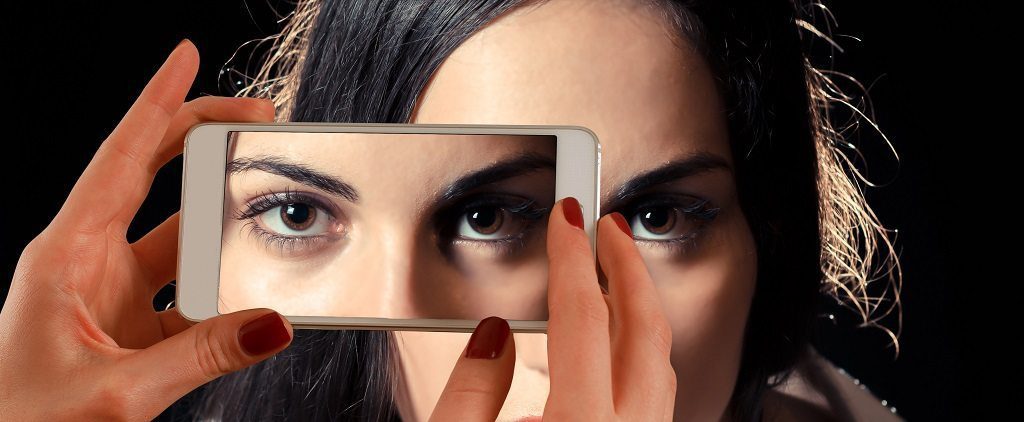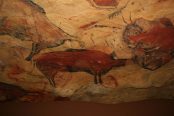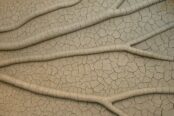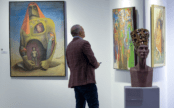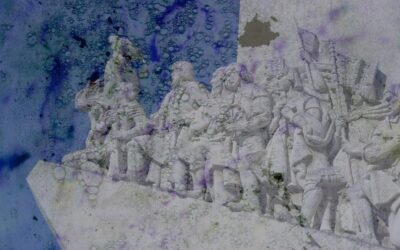The economic crisis has meant an economic armageddon for artists.
What are we worth? was a panel discussion led by DACS and Artquest that considered how artists can create income in support of their practice in a period of dramatic economic, social and technological change.
Success is more likely to be achieved together than by ourselves
Key points to come out of the talk, and one which I feel is most important but hard to imagine as individuals how it can be achieved, is that we need to help ourselves and help the Arts. A voice needs to make itself heard. John Kieffer began the discussion by highlighting ideas of connectedness, working together, and possible models to achieve this: We need to work collectively, come up with creative solutions, and most importantly – don’t worry alone, worry together. We may find that sharing support and ideas is the key to being a step ahead. He talked about the need to build up a hinterland around our selves, our practices, our businesses.
With an optimistic spirit, Kieffer noted that whilst funding has been cut, the UK invests a lot in the arts, meaning there’s still more funding than there was say 20 years ago. The worry about this, however, is that direct funding from the arts council will now channel through NPOs (National portfolio organisations), which of course have agendas and issues of their own.
In a project I was involved in several months back I helped organise an event called ‘What Next‘, whereby many powerful figures within the arts came together to meet, discuss and address the concern that in the coming years, those in control of future spending rounds in the arts may assume that 2011-2013 levels of funding were adequate.
Do you you care about the future of British art, design or culture?
Kieffer highlighted the need for artists to engage in debate around education, and Bob & Roberta Smith (a singular person), followed by bringing into sharp focus the review on education and the £9,000 university fee: The damage it brings for the education system, as universities coagulate and focus on attracting overseas students. He has written a letter to Michael Gove, (Secretary of State for Education), opposing the new ‘EBacc’ qualification to be studied in schools which removes art from the curriculum. I myself studied the International Baccalaureate (in the UK), with art as one of my main subjects – both the course and the art were invaluable to getting me where I am today, and in enabling me to think laterally, creatively, imaginatively.
You should read the letter here (it’s spot on, and also rather funny). And if you care about the future of British art, design or culture, you should send it to Michael Gove too.
Bob & Roberta Smith, is one of my favourite quirky characters. Other points he brought up were that whilst philanthropy can help the arts, it will shift the power away from individuals and behaves more like a model of private institutions.
He wants the next generation of artists to be inspired by the peaceful protests – stating the example of the protests against Capitalism at St Paul’s which involved a lot of performance artists. “We haven’t had a decent counter-culture in this society since Rave,” Said Smith. He also noted the irony of Apple having more money than the American Government, and their leader Jonathan Ive (the leading designer and conceptual mind behind the iMac, titanium and aluminum PowerBook G4, G4 Cube, MacBook, unibody MacBook Pro, MacBook Air, iPod, iPhone, and iPad), who of course graduated from St Martins College of Art (University of the Arts).
Bob notes that there has been a fundamental shift away from the post war idea that we would ‘emancipate’ people via art. But that we should oppose it.
The diminution of diversity
During the talk, the diminution of diversity seemed to be a strong concern – it is happening all around us via changes in arts funding, shifts towards private institutions having the power, the formation of mega-institutions as they become more homogeneous, who’s walls will be impenetrable to all but the worlds top artists and art ‘celebrities’, the lack of opportunity for art in children’s and teens education.
Shrinking the artistic and creative culture in the UK is a great loss. Artists are loosing the financial opportunity and the space in which things become possible, and where new ways of thinking and being can arise. The question from the panel was – how can we sustain our ‘difference’, or uniqueness, and keep going with the things that artists bring to society via not really being part of the system? Societies don’t really understand the value of our outside perspective & imaginative way of thinking. People don’t realise that everything around them is designed, created or invented by a creative mind, and that some of the UKs biggest money makers originated in the Arts Sector. How would some very commercial sectors such as West End Theatre and the film indistry, or design and fashion exist without the invaluable inspiration, beginnings and training they received from the Arts sector?
The talk also included valuable insight into public funding, working with Trusts, Social mobility, analogies from the Music sector, the positives of the Arts and its ‘risky’ factor, the commercial art market, creative partnerships, Artists as businesses (and the fact that we’re often not understood as a sector as so many are under the VAT threshold meaning no info is gathered on us), crowd funding, philanthropy, licensing (John Kieffer); about education, art providing a diverse economy in life, the changing picture of an artists business/income, views on the government and the debt cutting (Bob & Roberta Smith); inside knowledge into the experience of an ‘institutional artist’ Zineb Sedira and how she manages financially and with her family.
Hear it in full here:
Audio Gilane Tawadros: introduction to What are we worth?
Audio John Kieffer: keynote at What are we worth? (26min)
Audio Bob and Roberta Smith: response at What are we worth? (9min)
Audio Zineb Sedira: response at What are we worth? (5min)
Audio Panel conversation at What are we worth? (16min)
Audio Panel conversation at What are we worth? (16min)

The aim of art is to represent not the outward appearance of things, but their inward significance. – Aristotle

